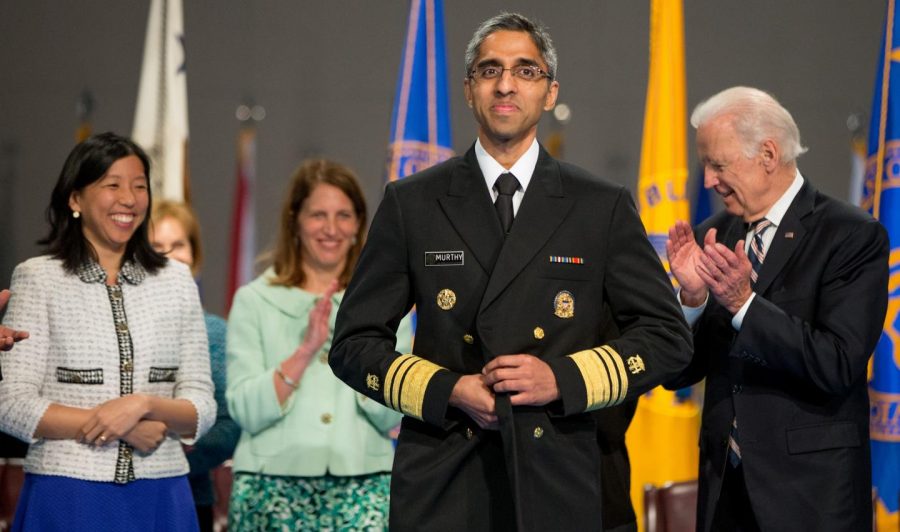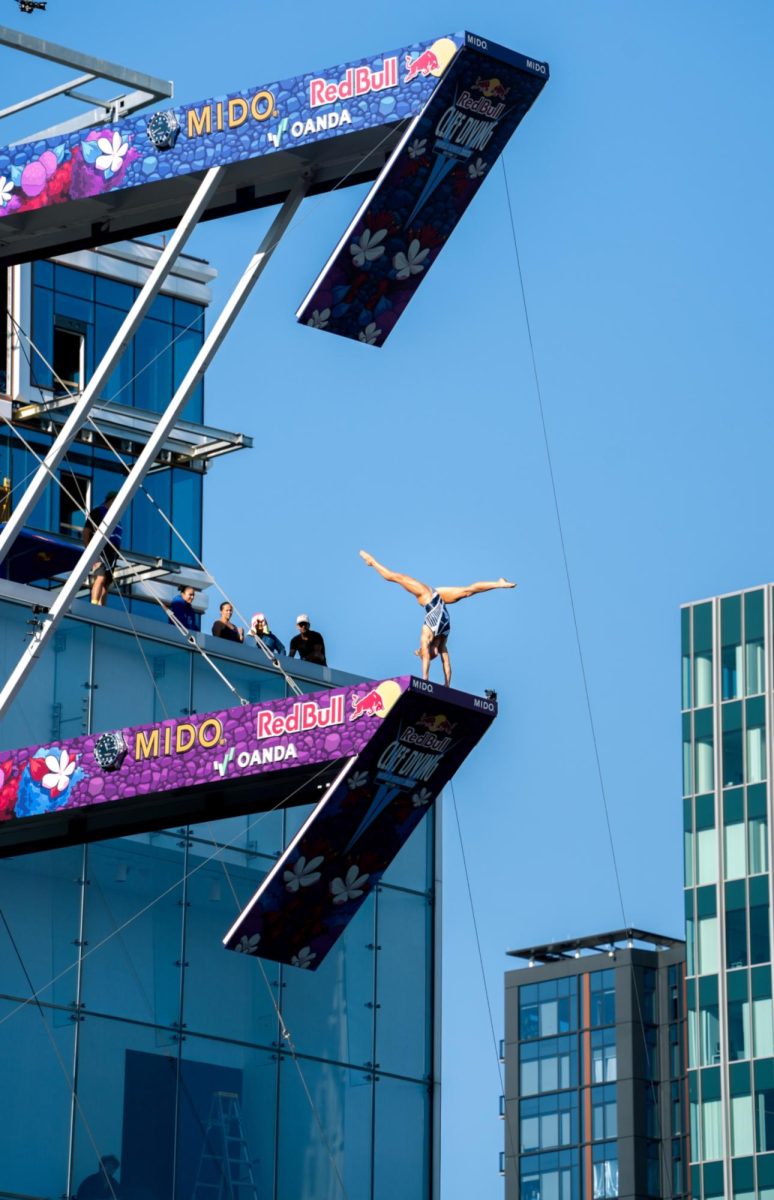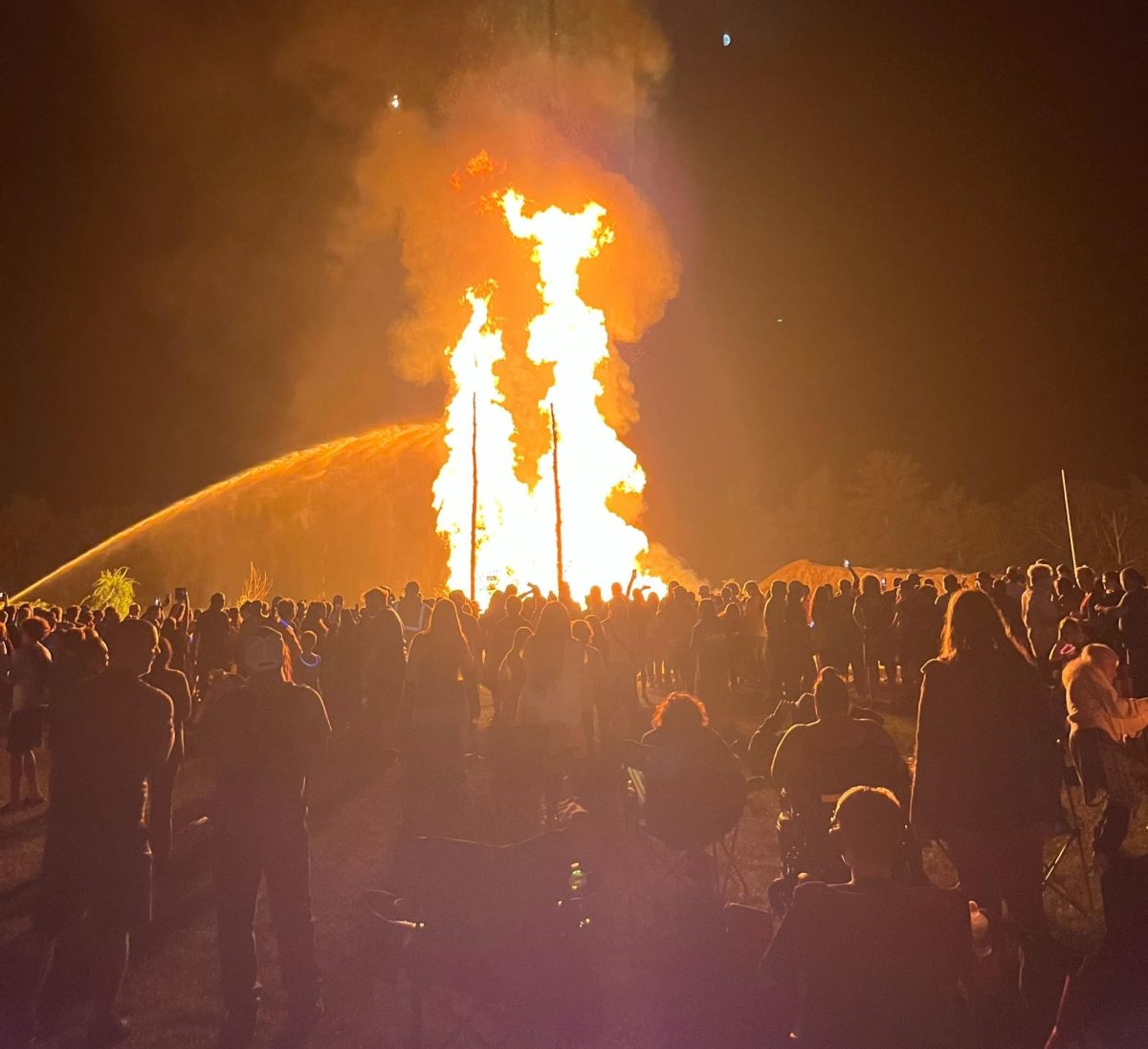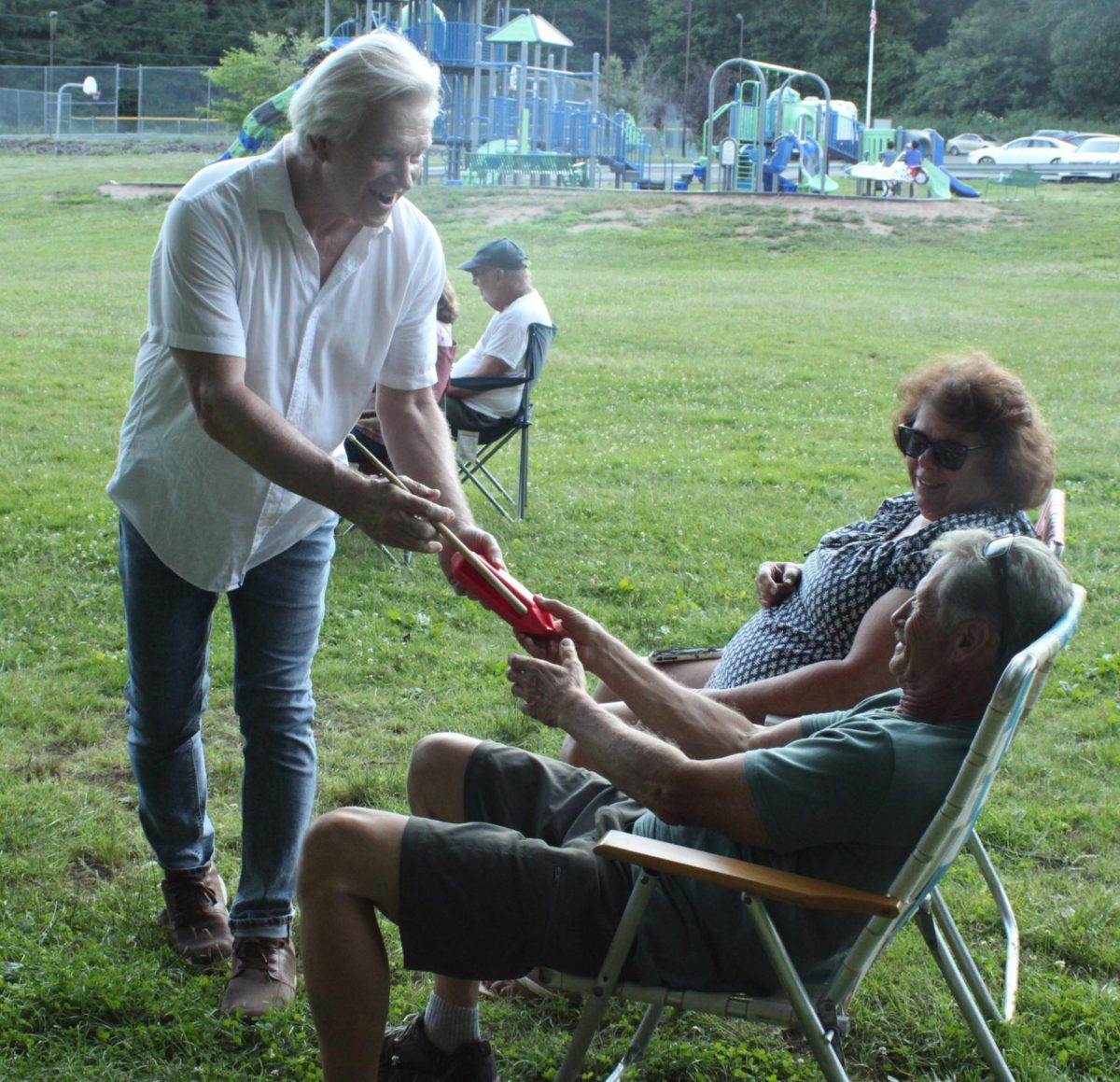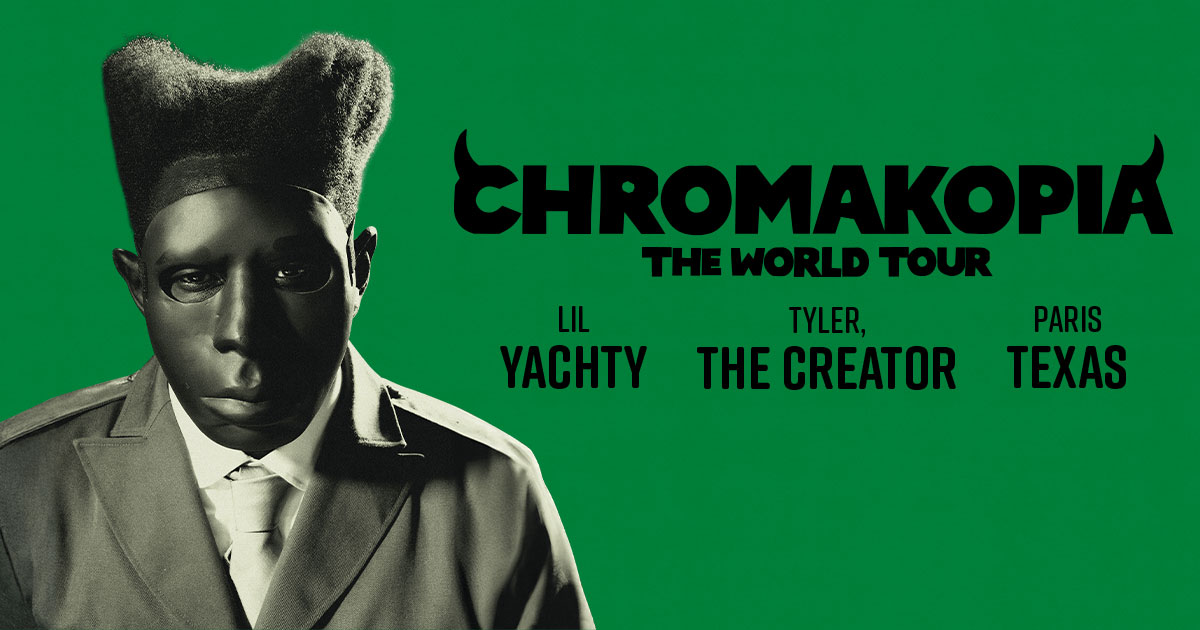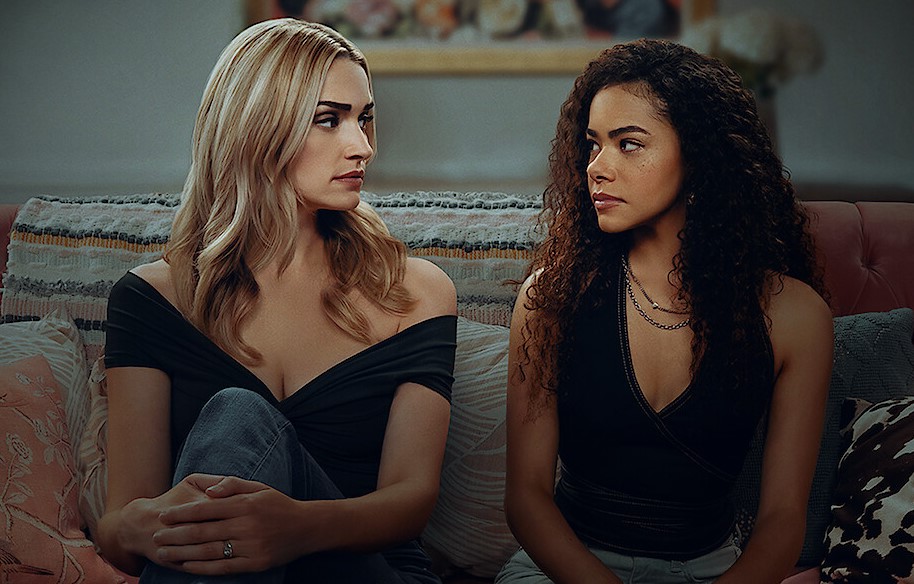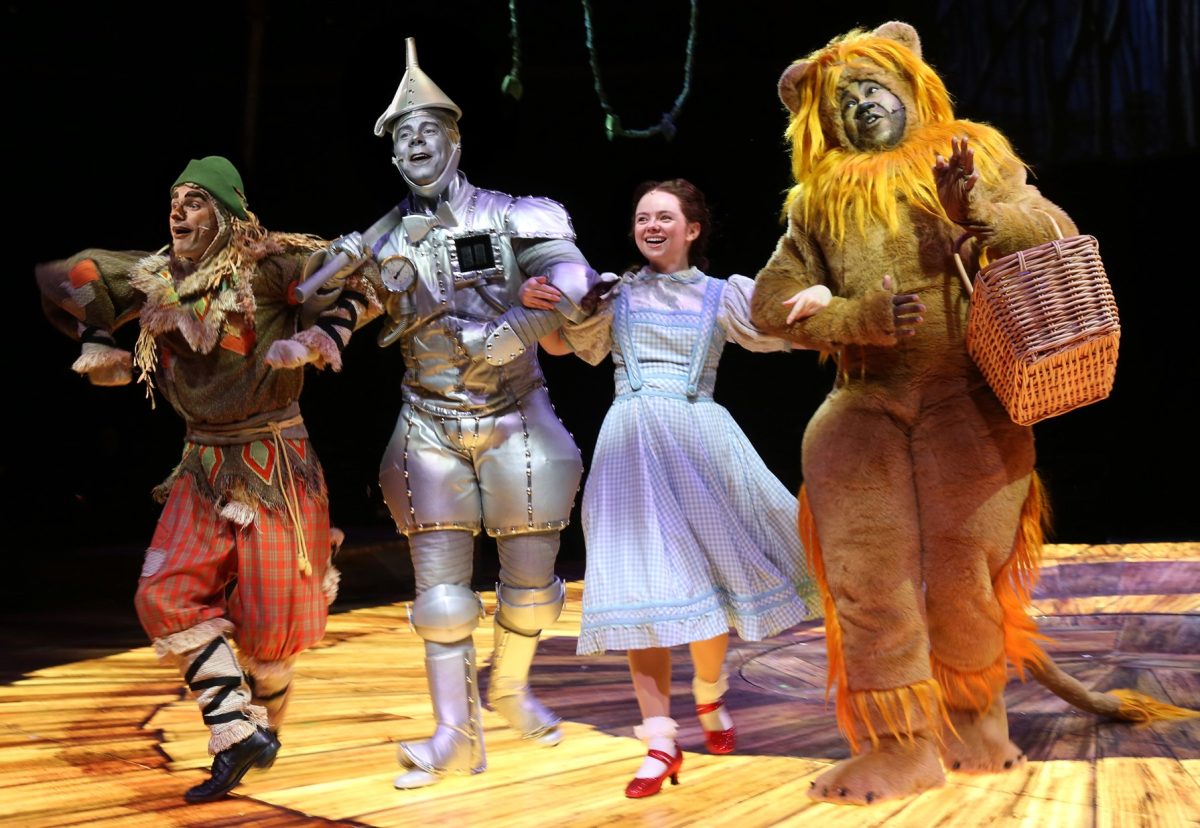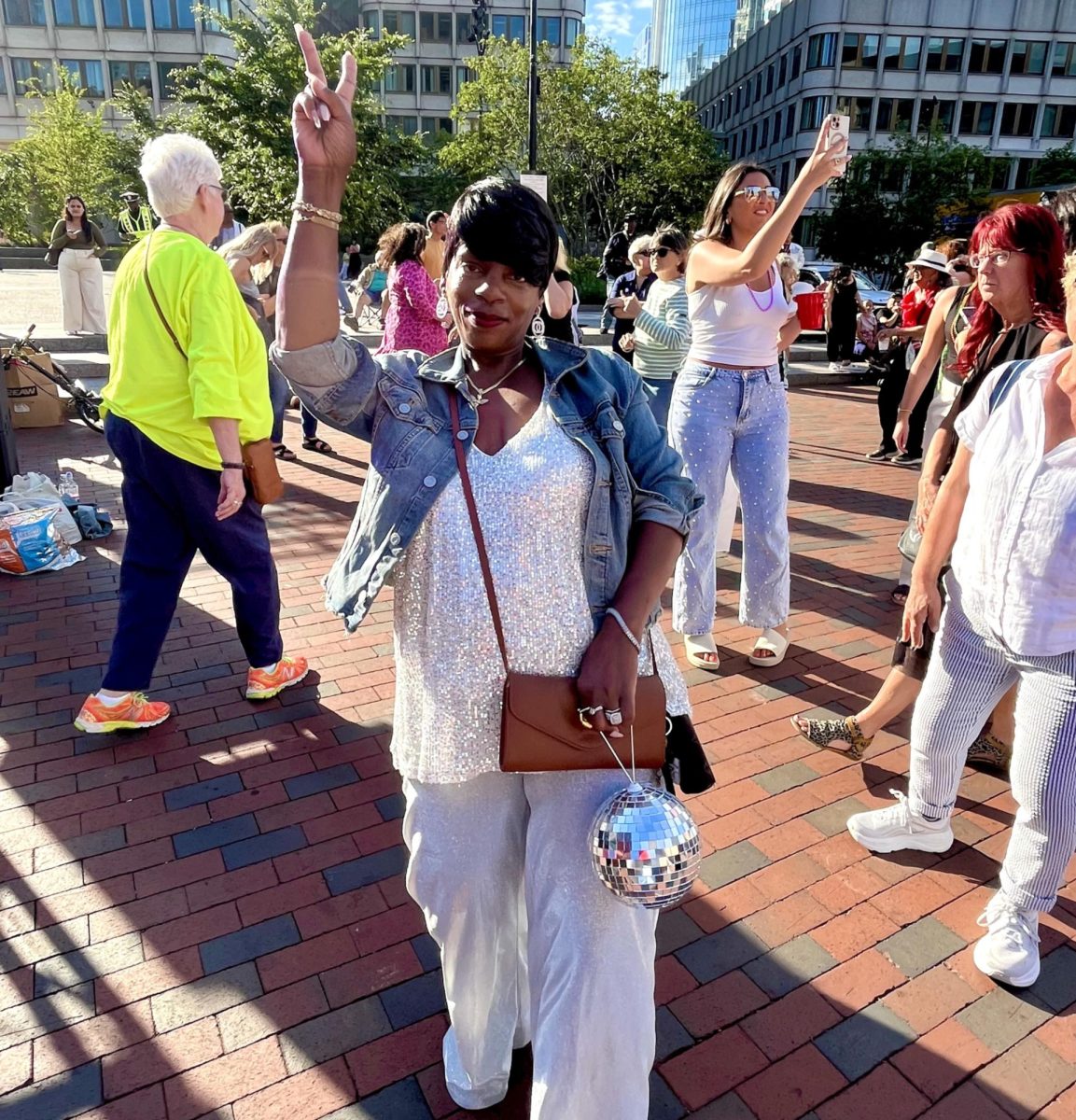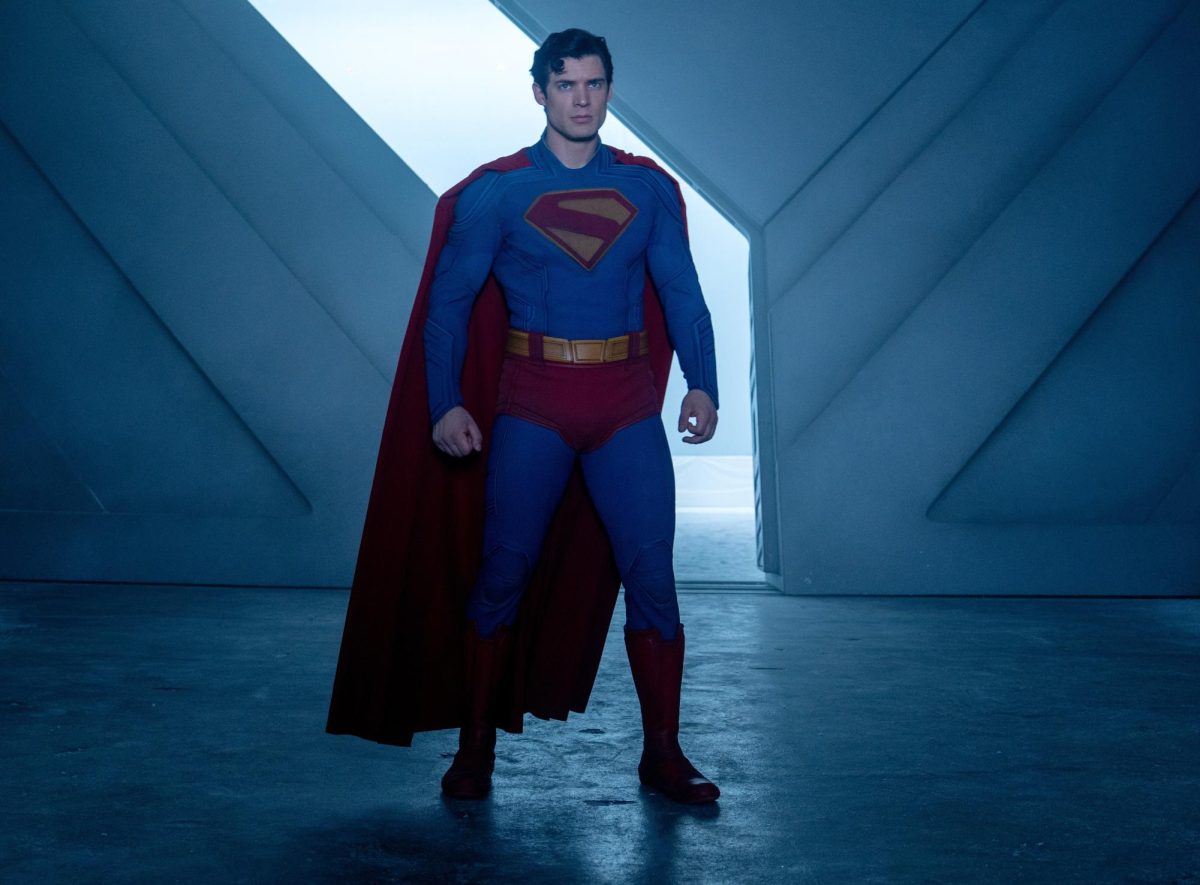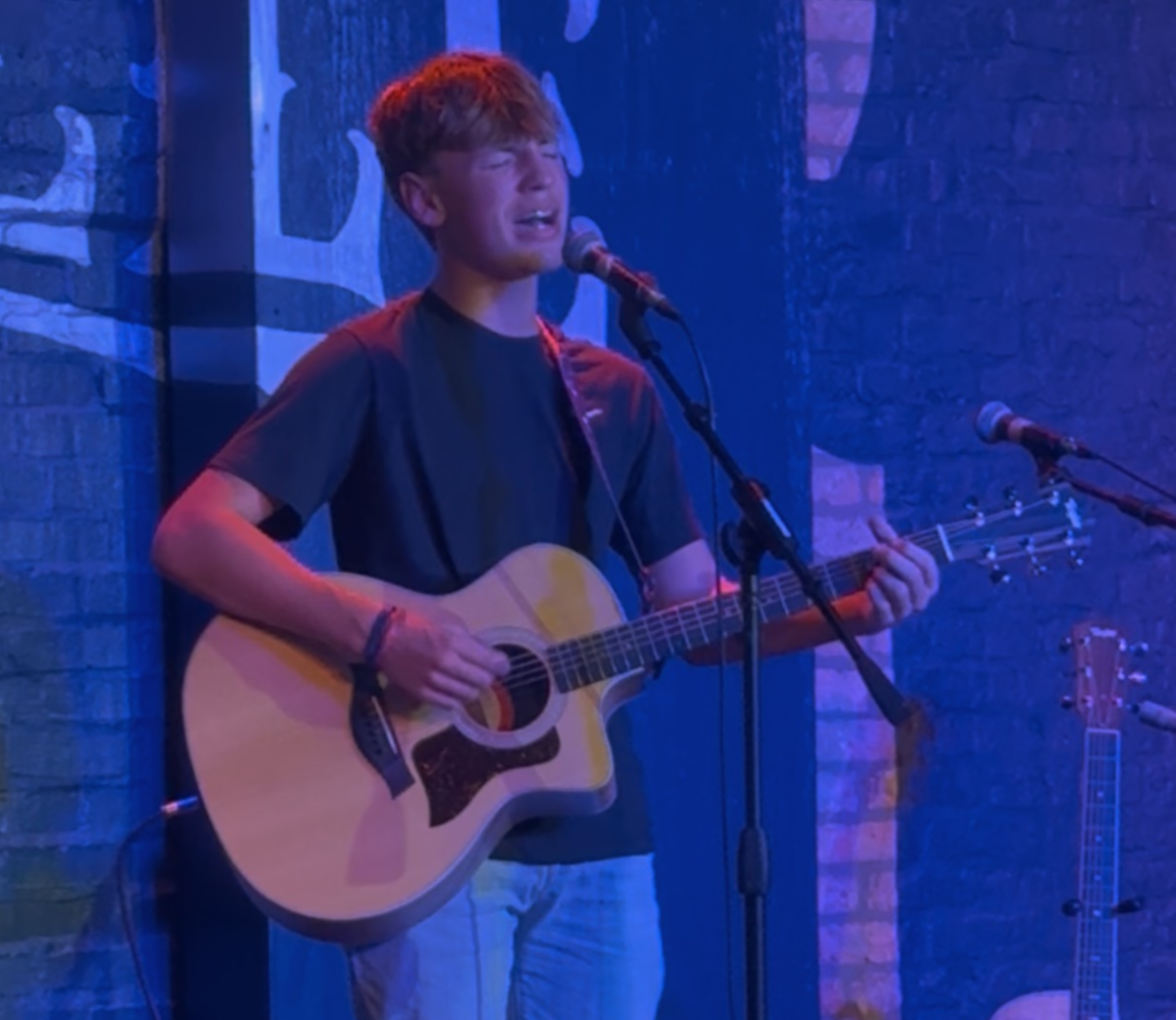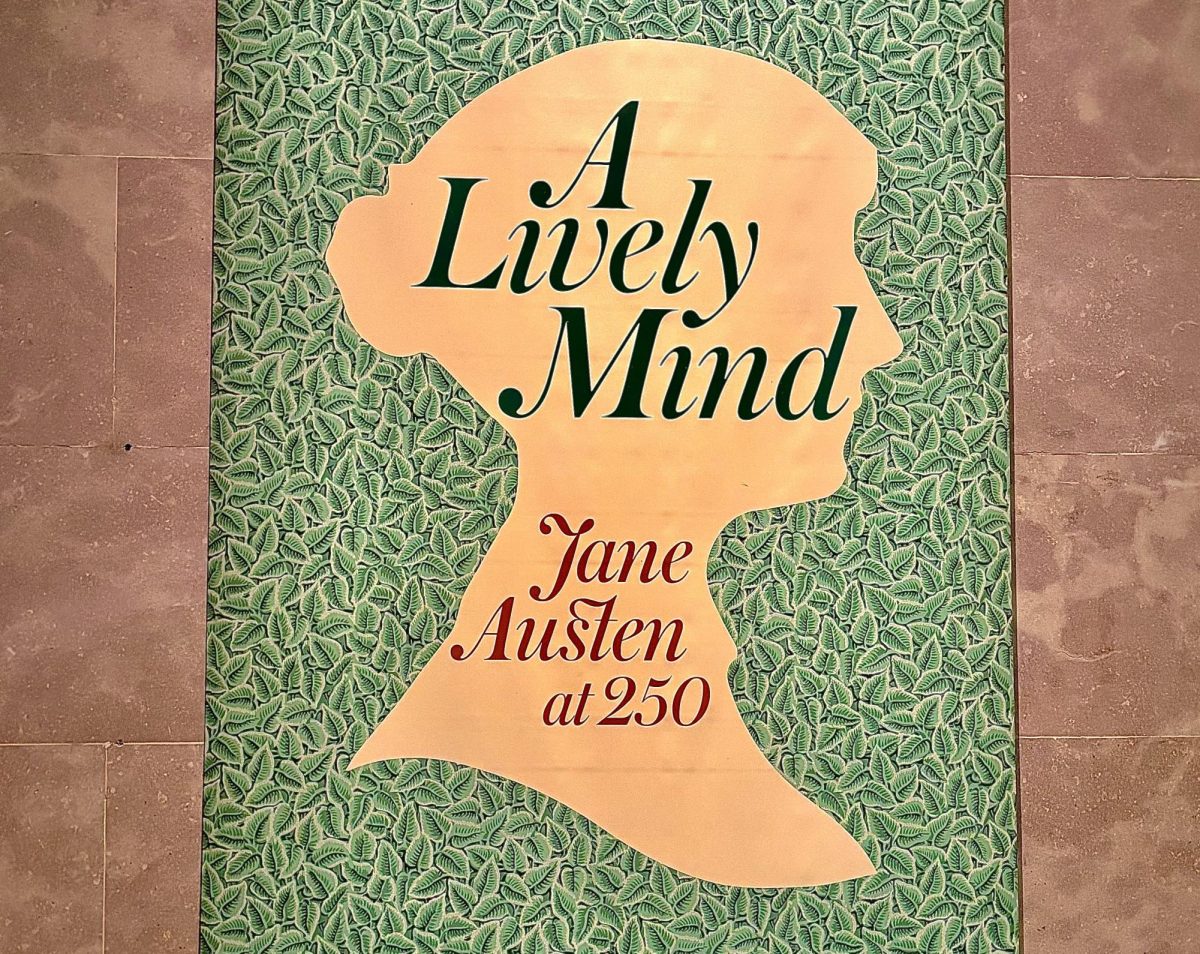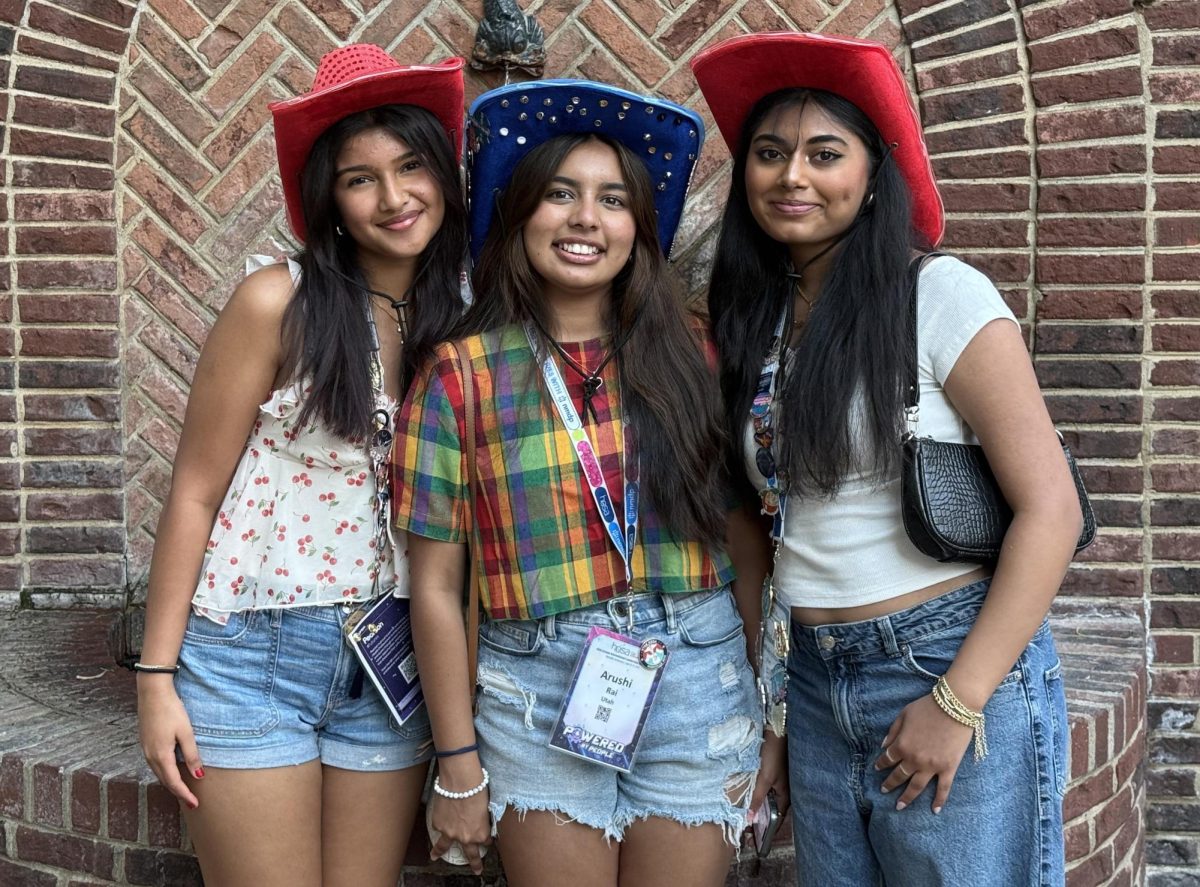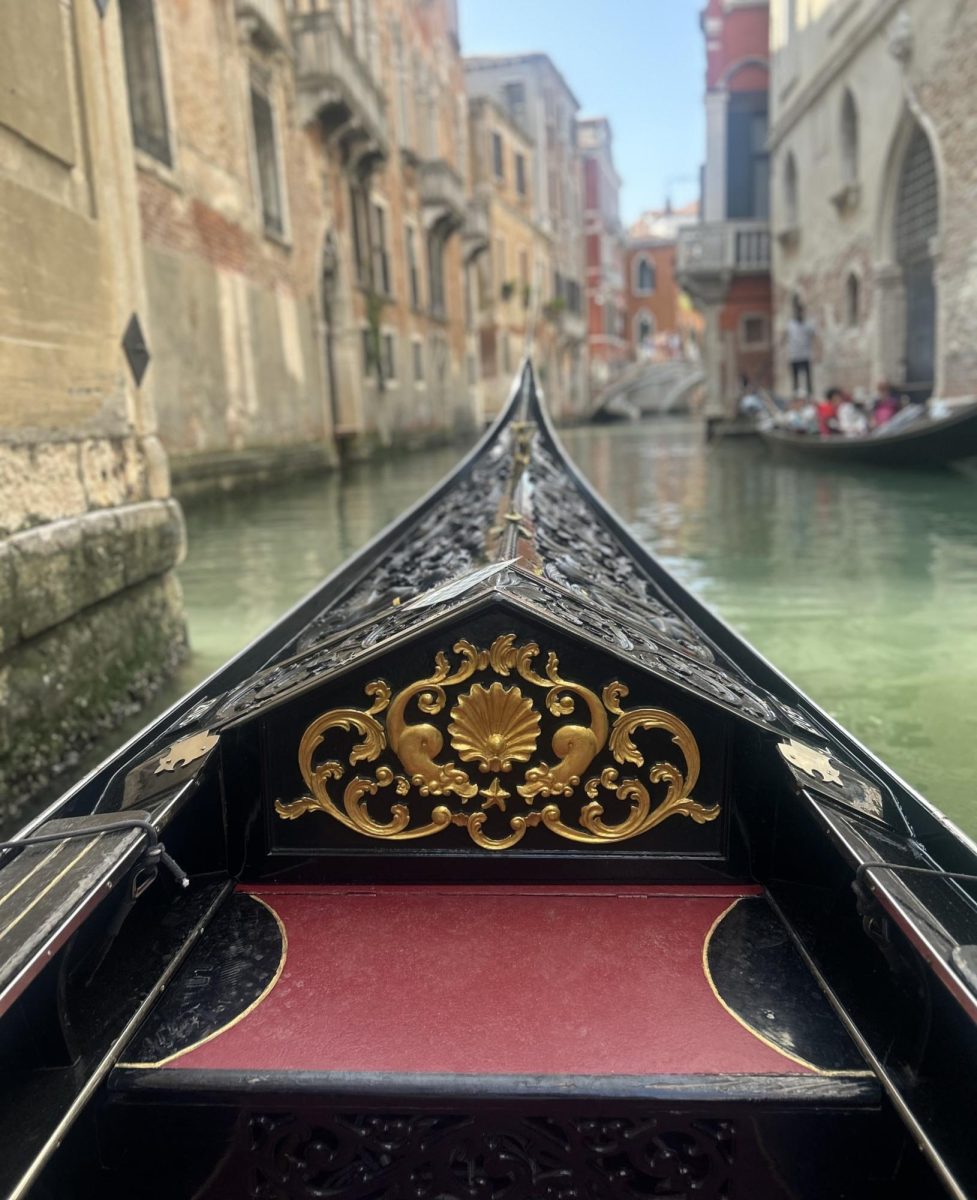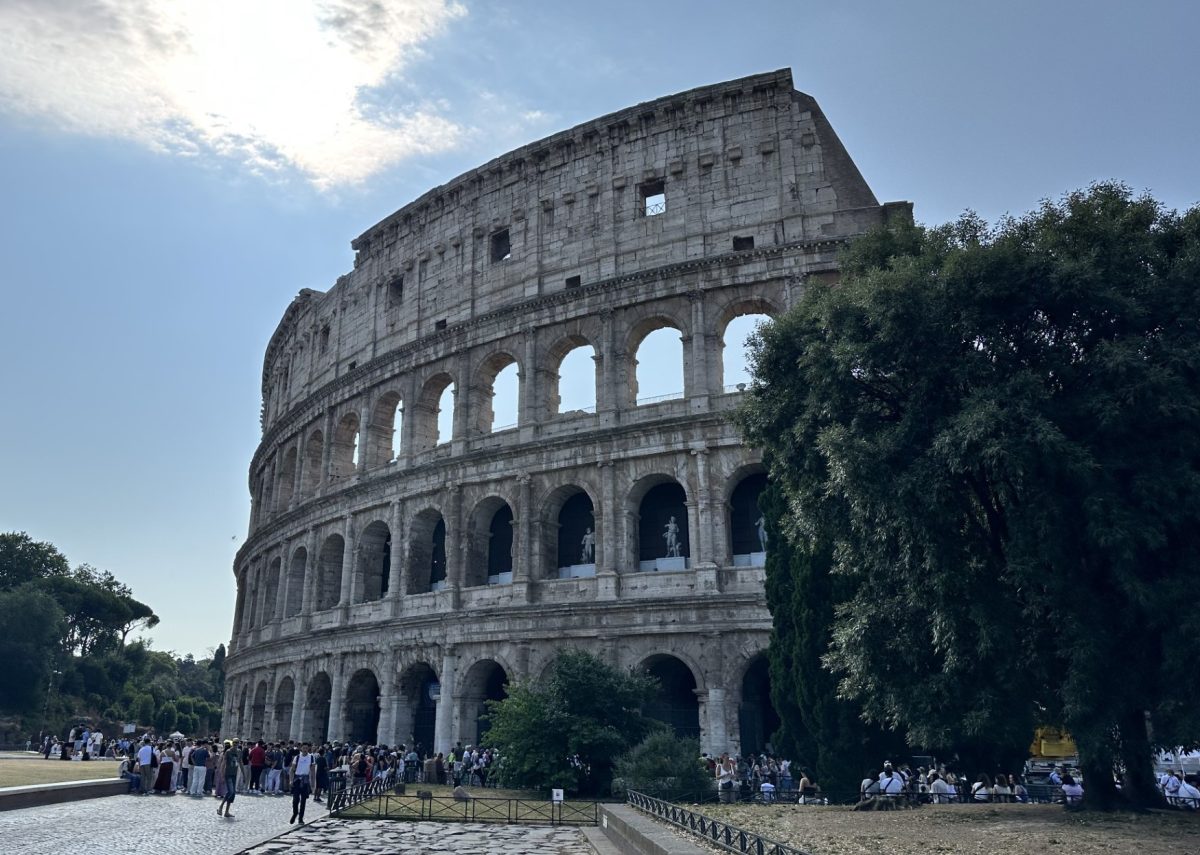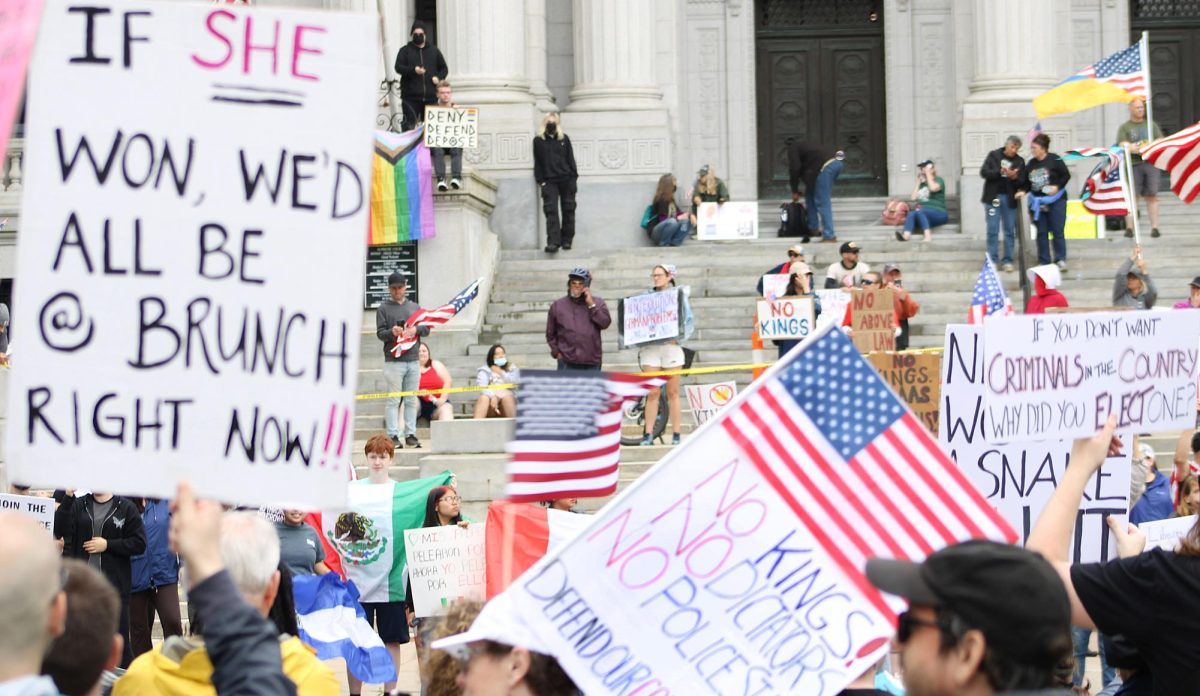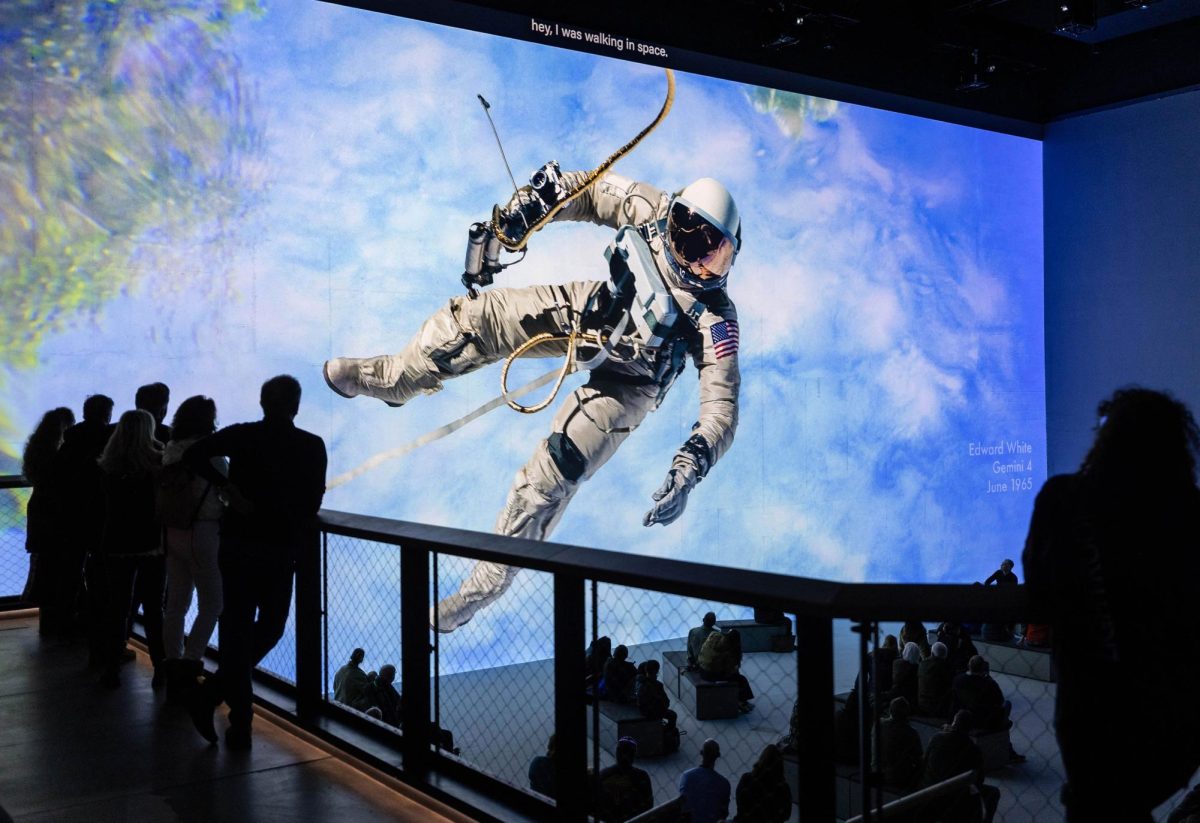Joe Biden campaigns via “Tele-Town Hall”
Presidential candidate uses technology to reach more than 35,000 people on night before primaries
2015/ Andrew Harnik / Associated Press
Surgeon General Vivek Murthy, pictured during his 2015 swearing-in ceremony, joined presidential candidate Joe Biden (right) during his remote conference call with voters Monday, March 16, 2020.
March 18, 2020
With the looming danger of COVID-19 unsettling Americans ahead of the final Super Tuesday, Democratic presidential candidates such as former vice president Joe Biden had to find new ways of reaching voters.
The states of Ohio, Illinois, Arizona, and Florida were scheduled to vote Tuesday, March 17, and winning them was crucial for candidates. Cumulatively, they offered 664 delegates, instrumental in winning the nomination. Candidates usually campaign tirelessly in states leading up to their primaries, but due to the rapid spread of the coronavirus, major campaign gatherings were canceled last-minute, including Biden’s rally in Cleveland. This forced him to find alternative mediums to connect with voters. So on Monday, March 16, a “Tele-Town Hall” was scheduled where people across those four states could listen to “Biden lay out his vision for America” and ask him questions, all over the telephone.
The massive conference call of more than 35,000 people was scheduled for 8 pm ET but ultimately began fifteen minutes later due to technical issues. Biden’s wife, Dr. Jill Biden, kicked off the call with an “A Day in Your Life in 2021” scenario where parents “would be proud to show their kids the president” and people wouldn’t “switch the channel when the president spoke” out of disgust. She said the only person who could fit that description was her husband, playing off of the familiar and friendly “Uncle Joe” persona often attributed to Biden.
Joe Biden then took over, admitting to listeners that this was a “less than ideal” campaign tactic but saying he would do as the Centers for Disease Control (CDC) saw fit. When asked, he said that if he were president, he would tackle the COVID-19 pandemic by “restoring the confidence of the American people,” a term often used but rarely defined.
He then handed it off to former Surgeon General Vivek Murthy, who gave listeners some background information on coronavirus in response to the circulation of misinformation.
“It is more dangerous than the seasonal flu,” he said, “The fatality rate is 10 times higher.”
He described how the largest concern was not only the sickness but also the risk of hospitals being overwhelmed. There are 924,107 staffed hospital beds in the United States, a minute number compared with the millions projected to contract the virus. Mr. Murthy went on to encourage people to still vote in the primaries, but with precautionary measures, such as voting by mail or curbside voting.
Biden then returned to answer the voters’ questions that ranged from coronavirus to gun control. None of the answers given were particularly unique; most were repetitions of mantras used constantly on the campaign trail. But with so many campaign events, what politician wouldn’t be repetitive? The conference call ended 45 minutes after it began with Biden encouraging listeners to vote the following day.
Though the “Tele-Town Hall” was not the way people expected the candidate to reach voters, it did establish a sense of intimacy between Biden and the audience. Instead of watching the candidate through the barrier of a screen, voters heard him in their ear, as if he was addressing only them. It was a personal experience, one that people remember at the polls. It was never expected to work well, but who knows? Maybe “Tele-Town Hall” will become the campaign tactic of the future.
–March 18, 2020–

